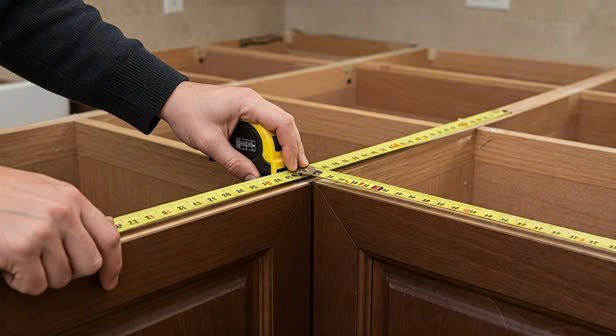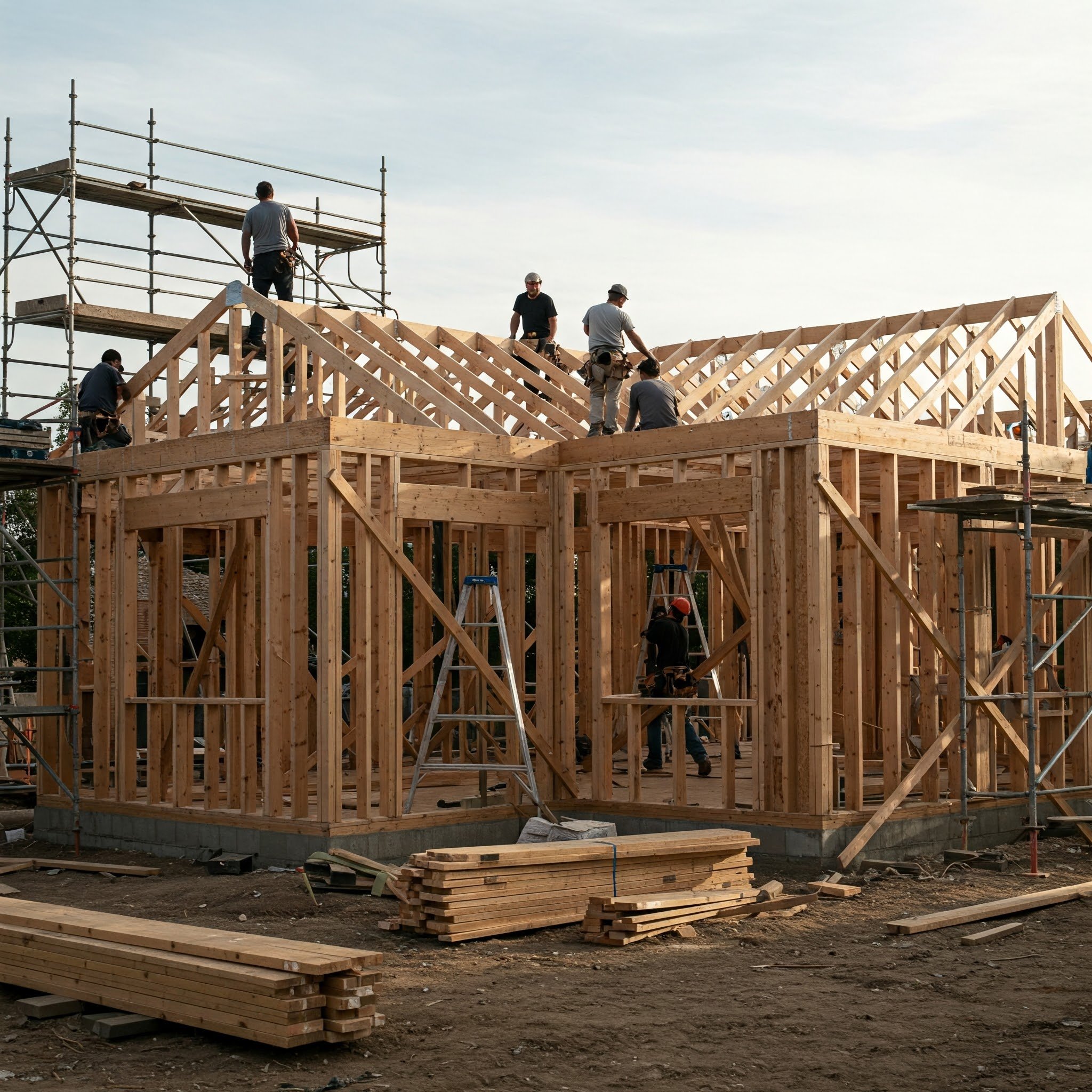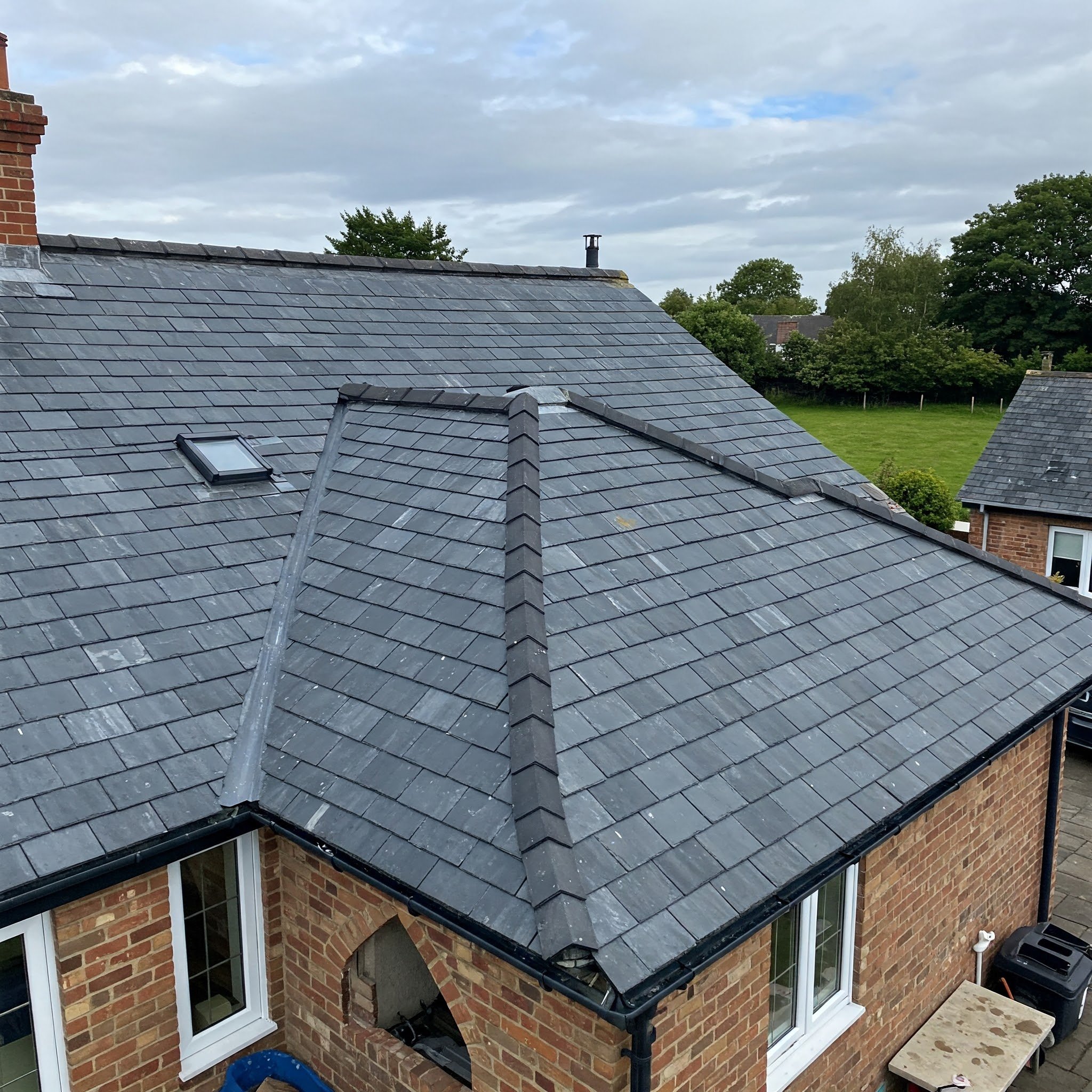The Ultimate Guide to Choosing the Right Driveway Pavers for Your Home
Discover the ultimate guide to choosing the right driveway pavers for your home, covering materials, styles, and installation tips for a stunning and durable finish.
Source: SposenHomes
Did you know that the right choice of driveway pavers can increase your home value by up to 10%? As you plan to spruce up your driveway, you're confronted with an array of materials, designs, and cost factors. The options might seem overwhelming but don't fret. Let's take a methodical approach to this task.
Together, we'll navigate through the maze of selecting the most suitable driveway pavers for your home, balancing aesthetics, durability, and budget.
Factors to Consider When Choosing Driveway Pavers
When choosing driveway pavers, it's essential to consider several key factors. These include the paver material, type, durability, load handling ability, local regulations, and aesthetic appeal.
1. Material Options
Choices include concrete, natural stone, brick, asphalt, and more.
Each material has unique durability and aesthetic appeal.
2. Load Handling Ability
Ensure the pavers can handle the weight of your vehicles without cracking or shifting.
Consider the type of traffic and frequency of use.
3. Local Regulations
Check for restrictions on material types.
Determine if permits are required for driveway installations.
Understand local codes and ordinances that might affect your project.
4. Visual Impact
Choose a design and material that fit well with your home's style and landscaping.
Think about colors, patterns, and general appearance to create a cohesive look.
Types of Driveway Pavers
As you consider options for your new driveway, understanding the different types of pavers is essential. You've got options such as concrete, brick, natural stone, permeable, and asphalt pavers, each with unique benefits and drawbacks.
Let's explore these paver types to help you make an informed decision for your project.
1. Concrete Pavers
If you're seeking a cost-effective and adaptable solution for your driveway, concrete pavers are a smart option. These pavers come in a variety of colors and shapes, allowing you to customize the look to suit your preferences.
Concrete pavers are durable, able to withstand heavy vehicles and various weather conditions, making them ideal for driveways with a lot of use. They're also low-maintenance—you just need to clean them occasionally and add sand between the joints when necessary.
If one paver breaks, it's easy to replace without affecting the rest. So if you want a driveway that looks good and is budget-friendly, concrete pavers are a great choice.
2. Brick Pavers
Moving on to another popular choice, let's delve into the world of brick pavers, known for their classic aesthetic appeal and impressive durability.
Brick pavers can withstand high traffic and harsh weather conditions, making them ideal for your driveway. They come in a variety of colors and styles, offering you flexibility to match your home's exterior.
One key advantage is their longevity; once installed, you'll enjoy a lifetime of use. However, they require periodic maintenance to keep them in top shape. It's also worth noting that brick pavers are eco-friendly as they're made from natural clay.
Despite their initial cost being higher than other options, the long-term benefits, aesthetic appeal, and durability of brick pavers make them a worthy investment for your home.
3. Natural Stone Pavers
Delving into the realm of natural stone pavers, you'll find a variety of options that offer unmatched durability and unique aesthetic appeal for your driveway. These pavers, made from quarried stone like granite, limestone, and slate, bring an organic, timeless look to any home.
When choosing natural stone, you're investing in a product that's been millions of years in the making, ensuring an incredibly long lifespan with proper maintenance. Each stone paver boasts its unique natural textures and color variations, enhancing your driveway with a bespoke touch.
However, it's important to consider the cost, as natural stone tends to be more expensive than other materials. Yet, if a luxurious, one-of-a-kind driveway that ages gracefully is what you're after, natural stone pavers may be your ideal choice.
4. Permeable Pavers
Permeable pavers are a smart option for driveways if you're aiming to be environmentally conscious. They allow rainwater to soak into the ground instead of flowing into streets or drains, which helps reduce flooding and replenish groundwater. These pavers are strong enough for driveways and come in various materials, colors, and designs.
Using permeable pavers can improve your home's curb appeal while offering practical benefits. They can also increase your property's value, as they support sustainability and help manage water more effectively.
5. Asphalt Pavers
While permeable pavers are a practical and eco-friendly option, asphalt pavers are another type of driveway material you should consider for their affordability and durability. Although asphalt is generally more budget-friendly, it's also quite tough, easily handling heavy traffic and extreme weather. Maintenance is simple—just reseal it occasionally to keep the surface smooth and black.
Asphalt pavers have a classic, tidy look that enhances your home's curb appeal. They're also adaptable, with various design possibilities to suit your home's style. With their mix of low cost, strength, and visual appeal, asphalt pavers could be a great choice for your driveway. Luckily, if you live in Kendall County, Texas finding a reliable asphalt paving contractor near Boerne, TX is easy, with many with many reputable companies offering quality services to meet your needs. Working with a local contractor ensures that your driveway is installed with attention to the area's specific climate and soil conditions, maximizing its longevity and performance.
Cost Considerations
Understanding the cost of driveway pavers is crucial in your decision-making process. The initial cost can range significantly based on the type of paver material you choose. Concrete pavers are typically the most affordable, while high-end natural stone pavers can be quite pricey.
Factor in the size of your driveway as well, as a larger area will require more materials and labor, thus driving up the cost.
Installation costs are another consideration. Doing it yourself can save money upfront, but professional installation ensures longevity and can potentially save you from costly repairs down the line. Also remember, maintenance costs over the driveway's lifespan. Materials like gravel might be cheaper initially but require regular topping up, while concrete and brick pavers need occasional sealing or cleaning, adding to the long-term cost.
Lastly, consider the value a paver driveway can add to your home. A well-installed, attractive driveway can significantly enhance curb appeal, potentially increasing your property's resale value. So, while considering the cost, remember to weigh the investment against the value it adds to your home in the long term.
The Bottom Line
Choosing the perfect pavers for your driveway involves more than just selecting a pretty pattern. It's like solving a jigsaw puzzle that brings together strength, durability, cost, and aesthetics. As you explore your options, you might come across brands like Unilock, which offer a wide range of pavers. A quick search for "Unilock pavers near me" can help you find local suppliers to check out different styles and options in person.
There's a myriad of factors to consider, from the type and design to local regulations and potential impact on property value. So, dig deep, do your homework, and pave your path to a driveway that not only suits your home but also stands the test of time.






























